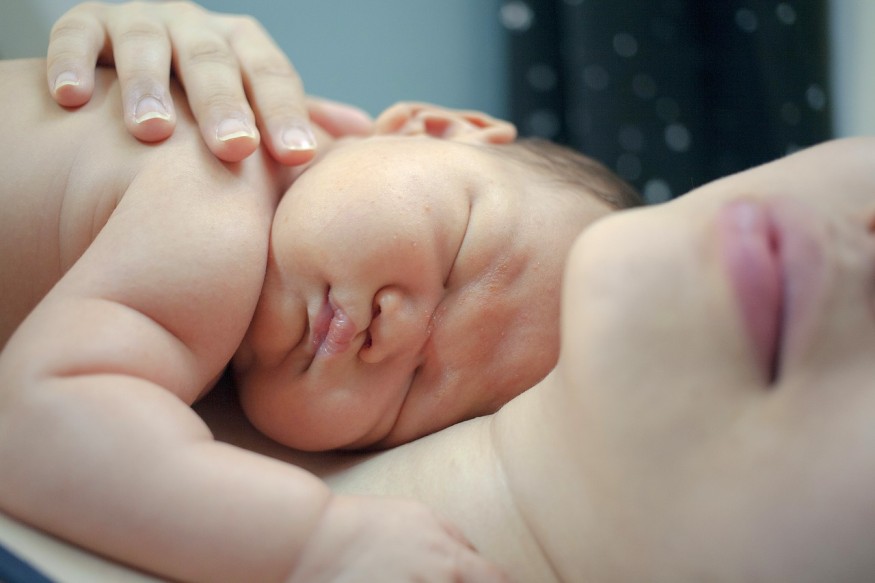A new interesting finding of depression during pregnancy has recently been presented by researchers that looked at the quality of interactions between mothers and their infants, eight weeks and 12 months from birth in three groups women the healthy ones, those who have clinically substantial depression while they were pregnant, and those with a lifetime history of depression but had healthy pregnancies.
According to a Medical Xpress report, in a study the National Institute for Health Research or NIHR funded, Maudsley Biomedical Research Centre researchers investigated if depression either prior to, or during pregnancy, impacts the relationship between a mother and her infant.
The study, Mother-infant interaction in women with depression in pregnancy and in women with a history of depression: the Psychiatry Research and Motherhood - Depression (PRAM-D) study was published in BJPsych Open, used a specimen of 131 women comprising 51 healthy mothers without present or previous depression; 52 mothers suffering from depression referred to the South London and Maudsley NHS Foundation Trust Perinatal Psychiatry Services, and 28 mothers with only a history of depression without present diagnosis.

Mother-Infant Interaction
Both at eight weeks and 12 months, mothers and infants in the groups, depression and "history only" exhibited a reduced interaction quality.
Specifically, at eight weeks, 62 percent in the group of mothers suffering from depression during pregnancy and 56 percent in the group of mothers who had history-only of depression scored in the relationship quality's lowest category, where the treatment interventions are recommended, compared with 37 percent in those from the healthy group.
Essentially, all mother-infant groups are found to have improved their interaction quality from eight weeks to 12 months which the study authors are saying, specifies that within time all mothers and their infants can become more accustomed to each other.
At six days, mothers' infants in the depression and history-only groups had decreased social-interactive behavior, which together, with maternal socio-economic struggles, was also prognostic of a decreased interaction quality, while postnatal depression was not.
Interventions
A similar EurkeAlert! report said, lead author, Dr. Rebecca Bind, also an Institute of Psychiatry, Psychology & Neuroscience, King's College London Research Associate said, their findings propose that perinatal and mental health professionals need to offer support, not just to women who have depression during pregnancy, but also to pregnant women who have a history of depression, as they may be at risk as well, of interaction difficulties.
Future studies need to try to decipher why a history of depression, in spite of a healthy perinatal period, may affect the progressing relationship.
According to the study's senior author, Biology Psychiatry professor Carmine Pariante from the Institute of Psychiatry, Psychology & Neuroscience, King's College London and Consultant Perinatal Psychiatrist at the South London and Maudsley NHS Foundation Trust, they are recommending that healthcare practitioners offer pregnant mothers who are at risk of interaction struggles with examples of positive caregiving behaviors, and with ways to involve their babies and understand their needs, all of which could be integrated into parenting and birth classes, not to mention health visits.
The study authors also suggested that such interventions that can help interaction between a mother and her infant need to be more extensively available, like video feedback, where a clinician, as well as the mother, discuss what specific behaviors are working best to involve ad comfort the infant, and structured mother-infant activities like singing and art groups.
This is particularly essential as it is known that the early years are important for future mental health and wellbeing.
Related information about depression during pregnancy is shown on Ohio State Wexner Medical Center's YouTube video below:
RELATED ARTICLE : Study Offers Hints on the Reason Pregnancy May Raise Danger of Rejection of Organ Transplant
Check out more news and information on Pregnancy in Science Times.
© 2026 ScienceTimes.com All rights reserved. Do not reproduce without permission. The window to the world of Science Times.










